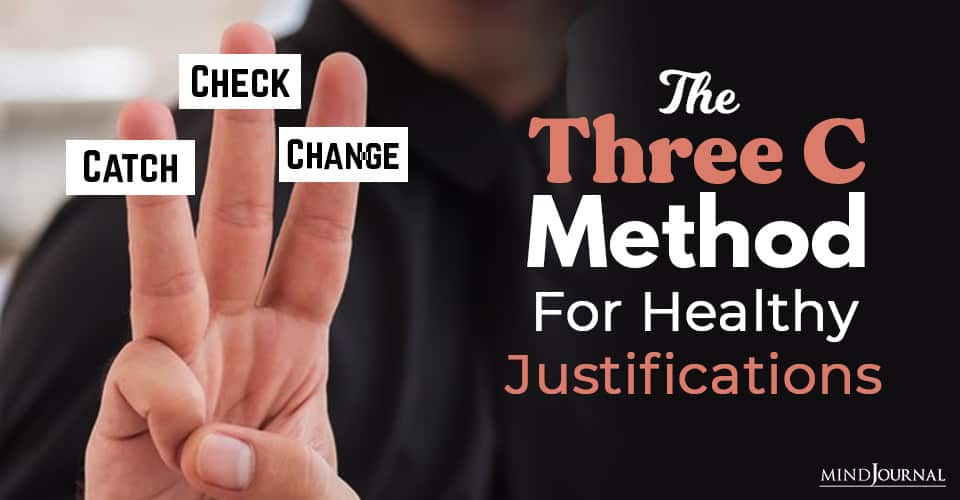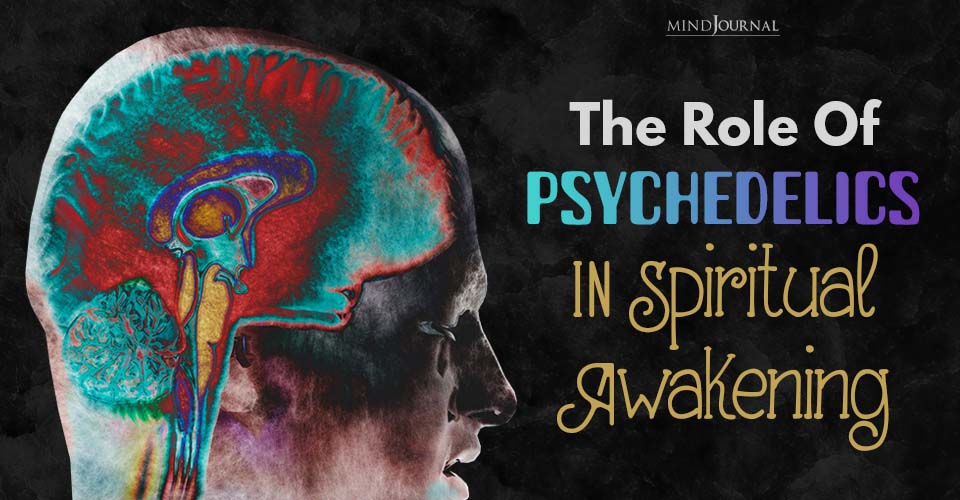What is your justification system and how do you know if it is healthy? Here’s a three C method for healthy justification. Learn how to catch, check, and change your thoughts.
Your justification system refers to the structure of your language-based beliefs and how you process propositional knowledge.
A proposition is a statement of language that has meaning. That is, it makes a claim about what is or ought to be.
Some people refer to your justification system as your cognitive system but, as this post on John Vervaeke’s theory of cognition makes clear, we should not make this error.
As a clinical psychologist, I am concerned with the health and functioning of a person’s justification system. It is one of the five systems of character adaptation I routinely assess (the other four being the habit system, the experiential system, the relationship system, and the defensive system).
Read The Ruminating Mind: 4 Steps To Help Deal With Negative Thoughts
Healthy justification systems allow for the complex, flexible, adaptive dynamic processing of propositions. They also allow for the formation of more sophisticated language-based beliefs and values about the self, others, the world, and the future.
This blog post shares the Three C Method, which is one of the easiest ways to become aware of your justifications and start the process of learning how to change them.
But before, let’s discuss about automatic thoughts .
Automatic thoughts
Consider the following claims, variations of which I have heard many times in the therapy room:
“This sucks. What’s the point of even trying?”
“It doesn’t matter what I do, the end result is always a failure.”
“Other people have always treated me unfairly.”
“You know how men are… they are all are scum.”
“I can’t even do simple things. I am pathetic”.
Take a moment to reflect and ask if you think these statements are healthy. To frame this in terms of health, ask: “Would a good parent guide a child in this way?” or “Is this something a wise, mature person would say?”
Although we can become aware of our justifications, the fact of the matter is that most of the process of justification happens automatically. That is, most of our justifications are habits of our thinking. This is why my mentor, Aaron T. Beck, called them “automatic thoughts.” He is the father of cognitive therapy, which is a set of techniques that focuses on the health of our justification systems.
When I worked with Beck two decades ago, I ran a project helping people who recently had attempted suicide. Many of these folks had very unhealthy justification systems. That is, they would make absolutist, rigid, or blanket statements about themselves, the world, or the future that would both seem very real to them and would also result in them believing that what they were saying was the absolute truth.
As such, they would have trouble solving problems, effectively relating to their feelings and to other people, and making adaptive decisions about the future.
Read The Power of Repeated Words and Thoughts
Cognitive therapy
Cognitive therapy is about helping people develop healthier, more sophisticated, and more adaptive systems of justification. Grounded in the Stoic philosophy, cognitive therapy teaches people to be clear that there is a big difference between belief and reality. It also teaches people that although we cannot control our reality, we have much more control over our beliefs. Both of these are easy to intellectually understand, but developing adaptive belief systems can be very hard to learn. However, it can make a big difference in one’s life.
To see how healthy justification systems frame things, consider how we can reframe each of the above.
“I am having a hard time with this and am wondering if I should give up or push through.”
“It seems I consistently don’t get the results I want. I wonder if I should learn a new approach.”
“It is easy for me to recall times when I have been treated unfairly.”
“I have been mistreated by several men in my life.”
“I don’t feel as competent as I would like.”
Notice the difference in the nature of these claims. They communicate similar ideas about the world, but they are much more flexible, do not make absolutist claims about the essential nature of the self or work for all eternity, and enable much more open adaptive responses.
This brings us to a key lesson from cognitive therapy, which is that we need to be able to reflect on our thinking and wonder if it is healthy and sophisticated. Adaptive thoughts are both accurate and helpful. This means that they capture the current state of affairs and do so in a way that allows for positive, flexible solutions, by maturely accepting what is and orienting toward adaptive change pathways.
Read Intrusive Thoughts: Where They Come From and Why
The simplest way to learn cognitive therapy is via the “Three C Method”
Under the guidance of Beck at the University of Pennsylvania, my colleagues and I developed this method back in the late 1990s. We were working with both folks who had attempted suicide and who had psychotic problems. Thus, we needed a really simple method that people could easily learn and apply.
The first “C” refers to catch it.
This is the process of becoming aware of the thinking process itself. This involves the reflective ability to realize that (a) thoughts are not facts and (b) the capacity to slow one’s self down and reflect on one’s thinking. It is much easier said than done, especially if you are emotional. But it is a skill that can be learned with practice.
The second “C” refers to check it.
This refers to the process of asking two primary questions about the justification, which are:
(a) Is it accurate? and
(b) Is it helpful?
Go to the list of justifications at the beginning of the blog post and ask these questions. You will see that the thoughts expressed are likely neither fully accurate nor particularly helpful.
Read 32 Thought Provoking Questions That are Reflections on the Self
The third “C” is to change it.
This refers to the capacity to develop more sophisticated, accurate, and helpful beliefs.
The examples provided show how unhealthy justifications can be transformed into healthier ones.
A person who learns the Three C Method well is someone who learns how to shift from the first set of automatic thoughts to the second. The bottom line is that we should all strive to be good parents to ourselves or try our best to live as sages do. Part of that involves developing a healthy system of justification, and the Three C Method is a simple way to start down that road.
Written by: Gregg Henriques, Ph.D Originally appeared on: Psychology Today Republished with permission.









Leave a Reply